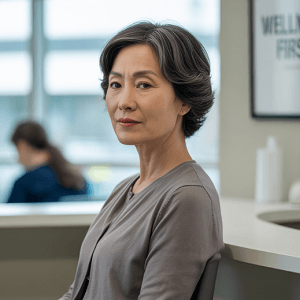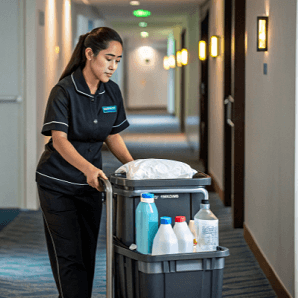Black patients treated in emergency departments for opioid overdoses are significantly less likely to receive referrals for addiction treatment than white patients, according to a national study of 1,683 patients. Only 5.7% of Black patients received an outpatient referral, compared to 9.6% of white patients. Researchers found that even after adjusting for other factors, Black patients had a 33% lower chance of being referred for follow-up care.
The study also revealed that just 17.8% of all patients received any referral for outpatient treatment. Naloxone, a life-saving overdose reversal drug, was given to 42.4% of patients, while only 8.4% received a prescription for buprenorphine, a medication proven to reduce opioid-related deaths.
Hospital admission increased the likelihood of receiving treatment. Admitted patients were more than three times as likely to be referred for outpatient care and nearly six times as likely to receive buprenorphine. Researchers suggest this may reflect a perception that admitted patients had more severe overdoses or simply benefited from longer hospital stays and more opportunities for intervention.
The findings point to systemic gaps in emergency care, especially for Black patients. “These findings underscore the need for targeted interventions to address racial disparities in ED care for OUD,” the authors wrote. While the study did not determine whether bias played a role, it emphasized the importance of equitable care at all access points in the health system.
See “Disparities in Treatment and Referral After an Opioid Overdose Among Emergency Department Patients” (July 2, 2025)



